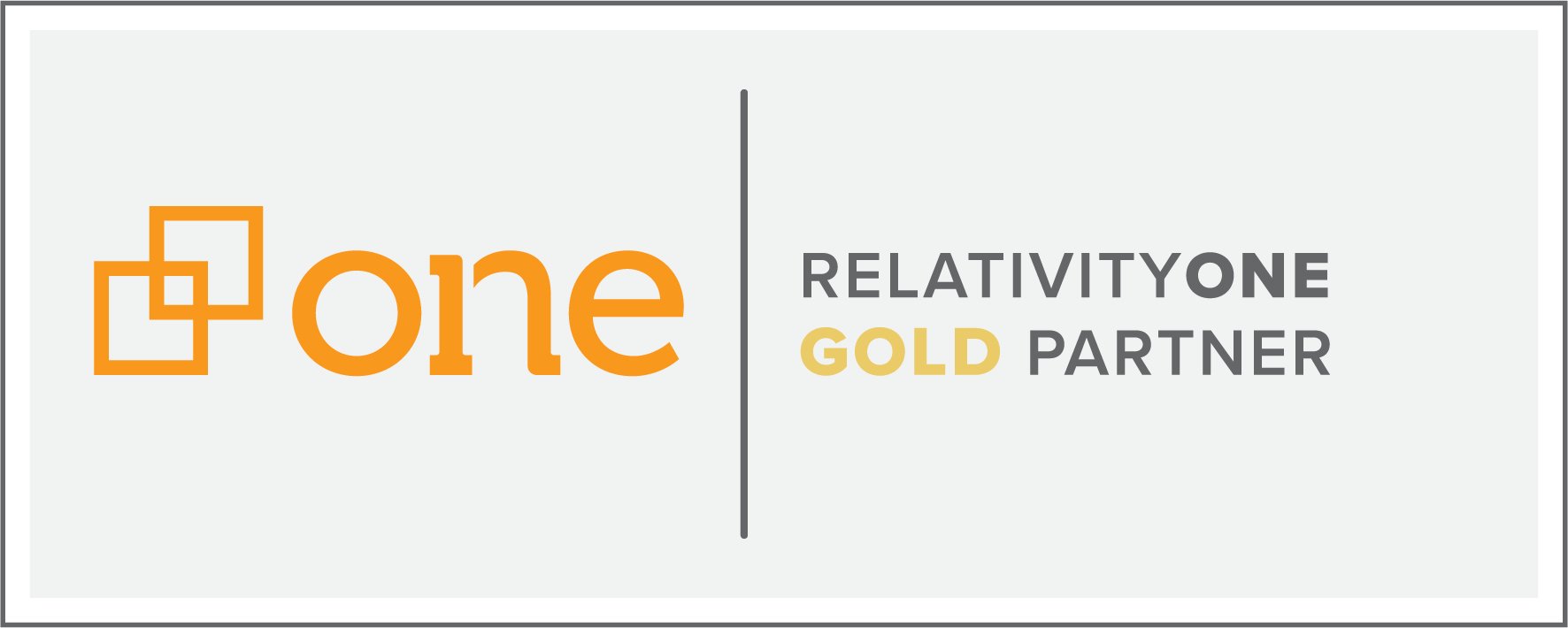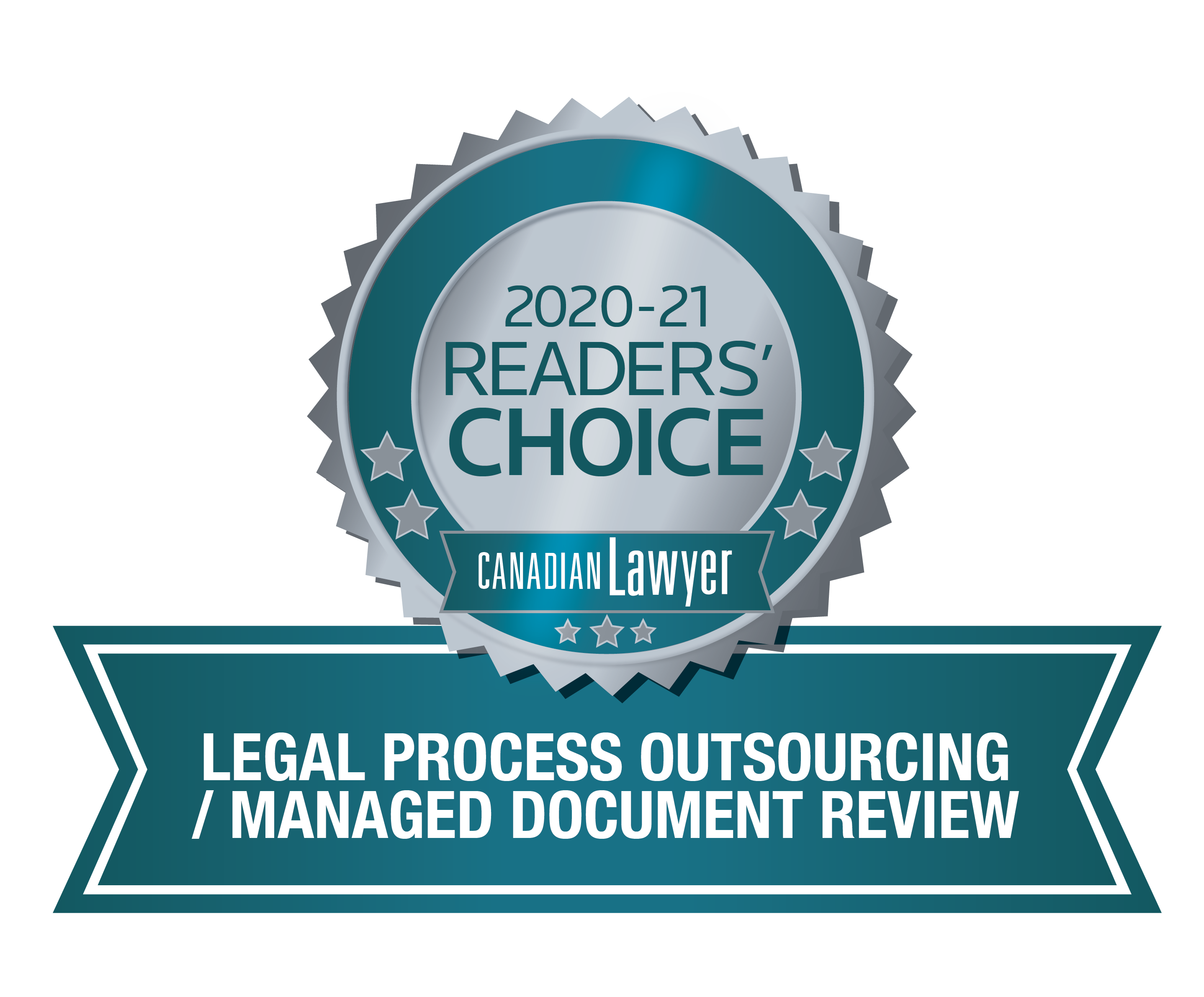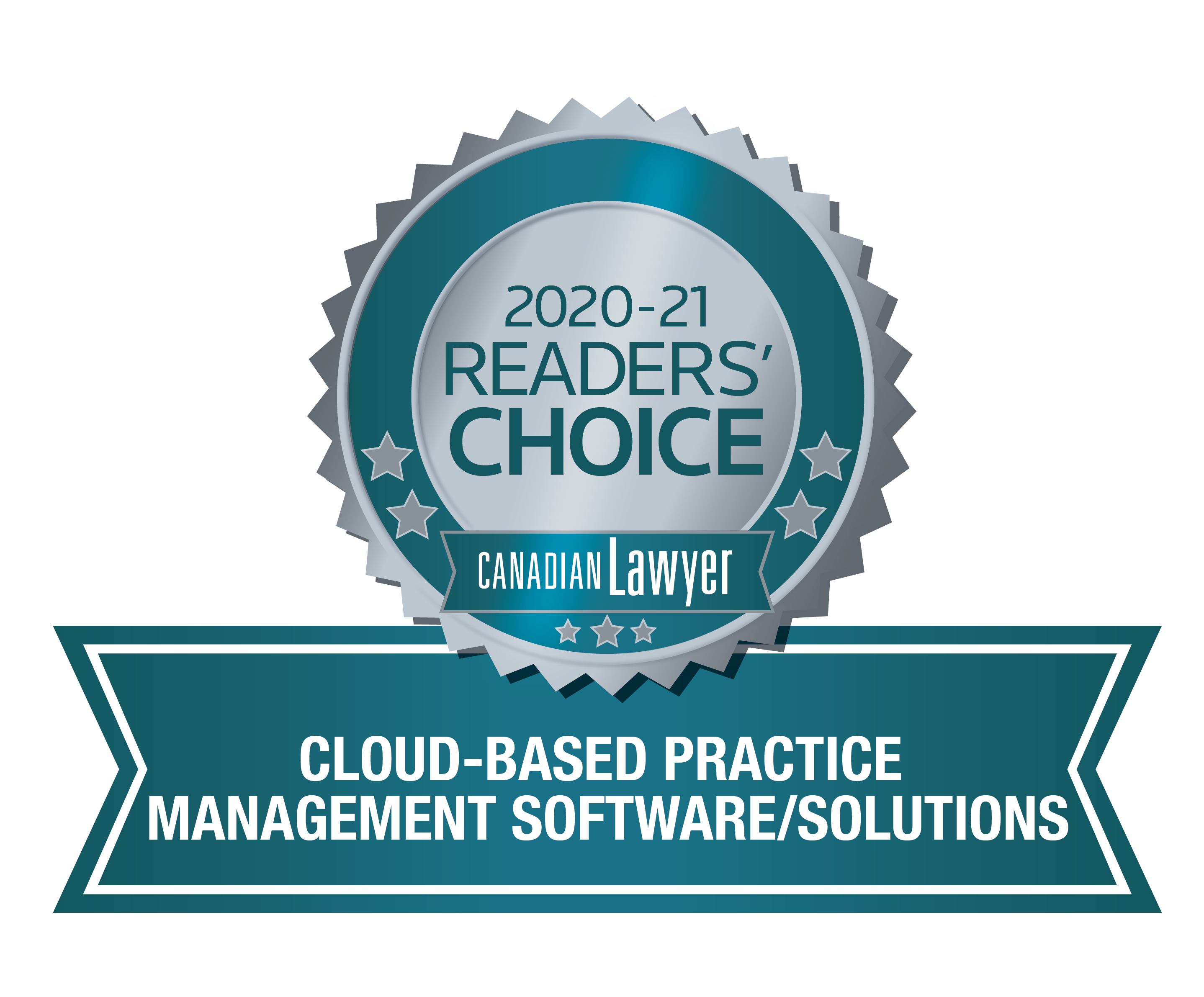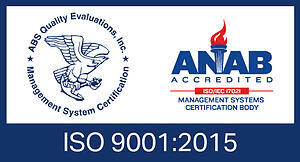You've probably been asked at some point, "What time zone should we use?" Maybe this was a question that came up for processing or perhaps it was when you were setting up your review case. Either way, why was it asked and how should you answer?
Sep 15, 2020 9:11:15 AM | Michael Truelove
You've probably been asked at some point, "What time zone should we use?" Maybe this was a question that came up for processing or perhaps it was when you were setting up your review case. Either way, why was it asked and how should you answer?
Topics: Tuesday's Tip
Aug 18, 2020 10:28:52 AM | Esther Labindao
Given our heavily technical world, most litigation cases result in an eDiscovery case. This means gathering any electronically stored information and extracting metadata (data about data) to gain insight and search documents. The traditional method of legal discoveries was to have a room filled with boxes of paper, in which people would review each single sheet and document and create a catalogue of any potentially relevant documents. As you can imagine, this was extremely time consuming and rather labour intensive.
Topics: Tuesday's Tip, Esther Labindao
Jul 21, 2020 2:24:39 PM | Laura Clewley
For clients who may be new to electronic review, sending PDFs or printing emails, one at a time, might seem like the easiest way to share content. Unfortunately, this slows down the entire review process, resulting in unnecessary time and money spent.
While we always recommend working with emails via MSG or within a mail store (such as a PST file), sometimes processing PDF and printed documents cannot be avoided during a review. If you find yourself in this situation, remember the importance of establishing proper document collection protocols from the start. Today I'm sharing the top seven questions to ask yourself to avoid redundancy and frustration in these situations, based on a decade of experience in the industry.
Topics: Tuesday's Tip, Laura Clewley
Load files are specifically formatted files that contain links to native documents, images and the OCR/Full Text of a document. As the name suggests, they are used to "load" documents processed in an eDiscovery tool to get the data into a review-able format.
Topics: Tuesday's Tip
“Help! I received 1 TB of data from my client and I don’t know what’s in there and what’s relevant!”
Topics: Tuesday's Tip, Unstructured File Analysis, Esther Labindao
Whether you know it as a production protocol, discovery plan or exchange guideline, establishing a formal method of exchanging documents is essential when it comes to a seamless case production. For the sake of continuity, we’ll refer to them as “production protocols” in this blog.
Topics: Tuesday's Tip, Laura Clewley
Imagine you’re working with a file that has a collection of over twenty custodians. In the midst of processing and culling the data, further information is found. If the custodian information had been tracked up to this point, it’s a quick and easy job to include the new documents. If the custodian information hasn’t been tracked, segregating specific custodians could be a timely process – especially if the collection is actively being processed by a team. Today we're sharing why it’s important to track custodians, along with the secret to guaranteeing they're tracked with every document review.
Topics: Tuesday's Tip, Laura Clewley
Dec 17, 2019 11:00:18 AM | Michael Truelove
Metadata is data about data. In a Word file, the document contains all of the data: words, put into paragraphs, displayed on pages. But, as we know, behind the scenes Word also keeps metadata about the document including the author’s name and the date it was created, modified and printed.
In today's Tuesday Tip, we'll be showing you how to collect, copy and move data without accidentally changing the hidden (and extremely important) details about the file. While most eDiscovery tools won’t capture unusual metadata, you can create your own custom fields in Word. These additional fields will allow you to keep track of information that may be useful or pertinent for future reference.
Keep reading to learn how to properly manage your files during the data collection process.
Topics: Tuesday's Tip, Michael Truelove
Nov 19, 2019 1:54:40 PM | Michael Truelove
Have you ever run a complex Boolean search and didn’t know why some documents were showing up in the results?
Topics: Tuesday's Tip, Michael Truelove
Oct 22, 2019 3:43:53 PM | Michael Truelove
In a previous Tuesday’s Tip post, we explained what padded zeroes are and how to add them in Excel using apostrophes or by setting the format of the field. Today, we’re sharing an alternative way you can create padded zeros – this time by using a formula. Keep reading to see how you can do this in three easy steps, and (once you’ve got that down pat) how to combine all the steps into one single formula.
Topics: Tuesday's Tip, Michael Truelove
Ricoh eDiscovery provides ISO 9001:2015 quality-certified evidence and document management solutions, as well as litigation support services that successfully integrate technology, defensible processes
© 2021 Ricoh Canada, Inc. All Rights Reserved.



